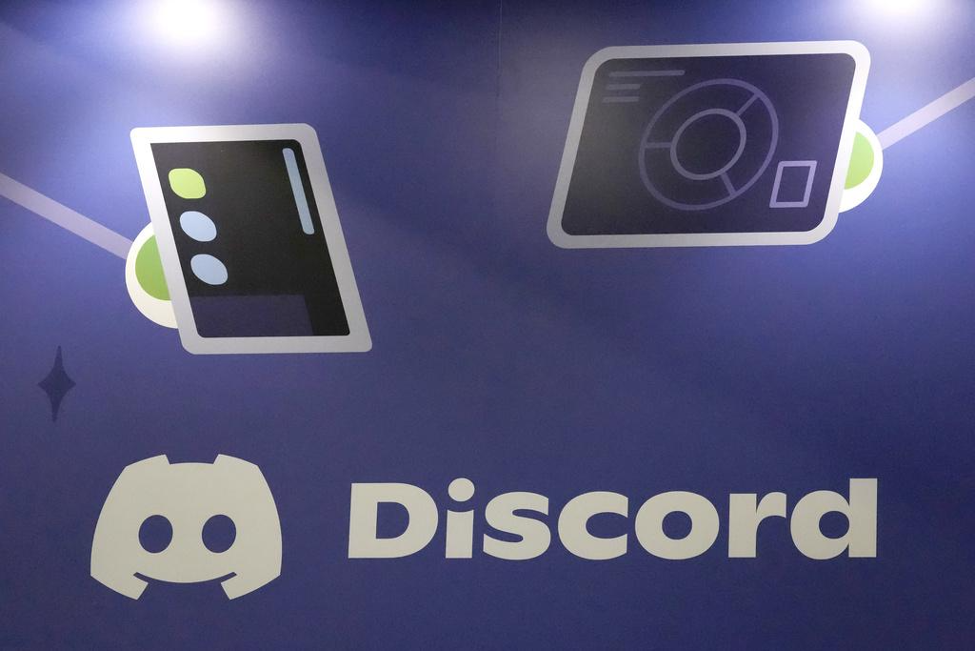
When it comes to confidential government documents and intelligence leaks, most people think of blockbuster cases like the Pentagon Papers, the Snowden NSA leaks, and Wikileaks. Regular citizens got their hands on confidential information and shared it with large news sources and organizations because they saw information that the public needed to see. Though the actions were inherently treasonous, there always seemed to be a reasonable motive behind them, and they went to established organizations such as the New York Times or the Washington Post.
So, when Jack Texeira, a 21-year-old low-ranking member of the National Guard Intelligence Wing, leaked confidential US intelligence documents onto a server hosted by the popular gaming chat service “Discord,” the world was dumbfounded. These papers included hundreds of CIA documents and went unnoticed for four months after Texeira posted them in January.
A person who had no business accessing highly confidential information not only managed to get the clearance to obtain it, but also irresponsibly leaked them into a random server. This created immense concern in regard to American information security. How could a country as powerful and seemingly secure as the United States enable something like this? This question has caused people to call for the federal government to greatly curb inter-organizational communication and information sharing for the sake of increased confidentiality.
While this scenario with Discord might have shown the need to change certain grounds for access and clearance, it does not justify vast restrictions on information relaying within different government organizations. The past has shown us that closed-off communications have far greater ramifications than open.
The events of Sept. 11, the largest terrorist attack in contemporary American history, tells us all we need to know about whether government intelligence agencies should partake in closed or open communication with one another. Many of the assailants and organizers of 9/11 displayed clear warning signs leading up to the attack. Zacarias Moussaoui, one of the organizers of the attack, had been marked by the FBI when he took flight lessons, but this information did not get transferred to any other intelligence department or military agency.
Furthermore, the CIA did not pass info to the FBI about two other terrorists that had made suspicious moves. Other organizations like the Navy and the FAA had completely disconnected intelligence operations that did not reach other agencies. In the end, this culminated in a massive disaster that saw miscommunication that led to unfathomable consequences.
Following the attack, the Department of Homeland Security implemented a “multidirectional approach to gathering and sharing intelligence and information,” in order to combat terrorism, and America has not seen a massive foreign terror attack on US soil since. Many aspects of the American response to Sept. 11 certainly deserve scrutiny, but increased communication between intelligence agencies is not one of them.
Though it is one example, the sheer magnitude of the incompetence displayed by American intelligence agencies when they did not communicate during Sept. 11 shows us that we cannot return to that precedent. Shoring up clearance accessibility for those of lower ranks and with less overall responsibility ought to be a place to start when it comes to preventing situations like the Discord leaks.
At the end of the day, while crucial government information being released into the world due to increased information sharing does have its severe consequences, restricting those networks clearly has greater negative implications. Does the system need tweaking? Clearly. But the answer is not cutting the information flow that connects different intelligence agencies and saves lives.
